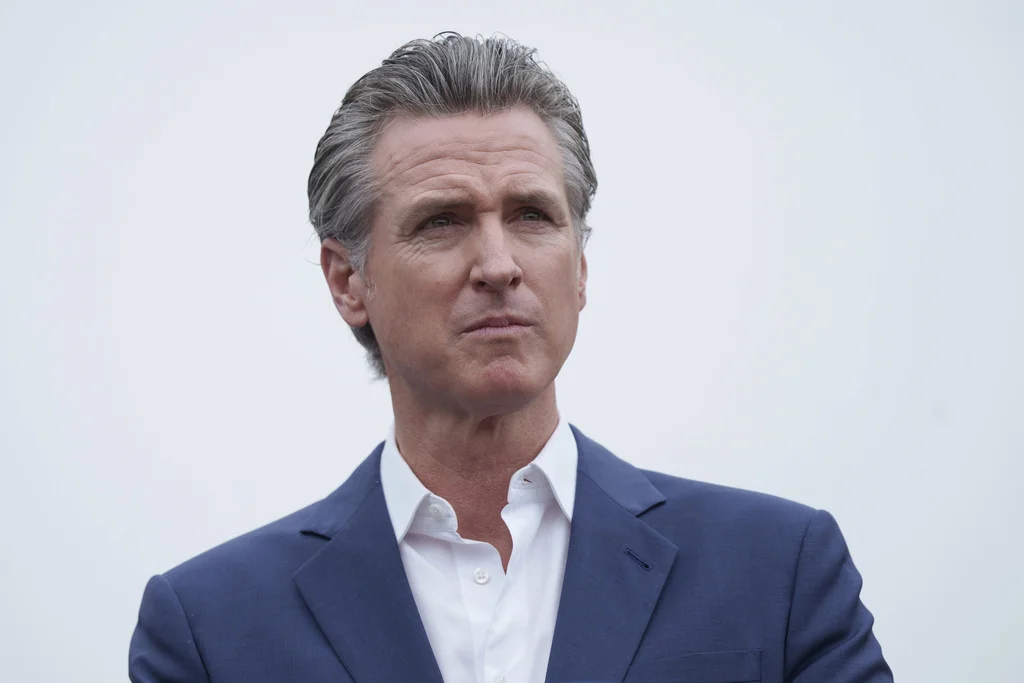
Is California’s Climate Leadership at Risk? Inside the Battle Over Cap-and-Trade
In a bold response to federal opposition, California Governor Gavin Newsom has reaffirmed his commitment to the state’s ambitious climate agenda by announcing plans to extend its cap-and-trade program, set to expire in 2030. This initiative, which holds polluters accountable for carbon emissions, has been critical to the state’s efforts in combating climate change and represents a significant pillar of California's environmental policy.
During a recent press conference in Sacramento, Governor Newsom, alongside State Senate President Pro Tem Mike McGuire and Assembly Speaker Robert Rivas, emphasized the necessity of extending the cap-and-trade program as the current administration pushes back against local climate initiatives. The move comes in light of an executive order from the Trump administration labeling California's climate policies as "radical," with calls to reevaluate state laws that might conflict with federal authority.

McGuire articulated the implications of the cap-and-trade program, stating, "It’s generated significant results over the last decade, with $14 billion invested, reducing energy bills for Californians." The program, launched in 2006 under Governor Arnold Schwarzenegger, has contributed to cutting carbon emissions equivalent to taking 80% of the state’s cars off the road while simultaneously nurturing economic growth.
However, the uncertainty surrounding the program’s future could lead to market volatility. Meredith Fowlie, an economist at UC Berkeley, noted, "The uncertainty around the future of the cap-and-trade program past 2030 has been causing uncertainty in the market." This uncertainty could hinder investments crucial for California’s environmental initiatives.
The cap-and-trade system functions by charging companies for excess emissions, with generated funds allocated towards projects that promote clean air and invest in renewable energy. As stated by Governor Newsom, the extension of this program is not only vital for maintaining California’s environmental integrity but also essential for fostering economic prosperity. "One of our most effective tools to cut emissions and create good-paying jobs," Newsom asserted.
Barbara Haya, director of the Berkeley Carbon Trading Project, expressed optimism regarding the extension, citing its potential to influence global carbon pricing and offset reforms. "California leadership couldn’t be more important given what’s going on in D.C.," she remarked.
The discussions surrounding the cap-and-trade program signify more than just an environmental initiative; they represent a stake in the ongoing battle for climate leadership against political resistance. As state lawmakers prepare to release further details in the coming weeks, the stakes are undeniably high for California's environmental future.
As this critical moment unfolds, one has to ask: Will California’s decisive stand against federal pushback pave the way for stronger climate policies? Your thoughts?